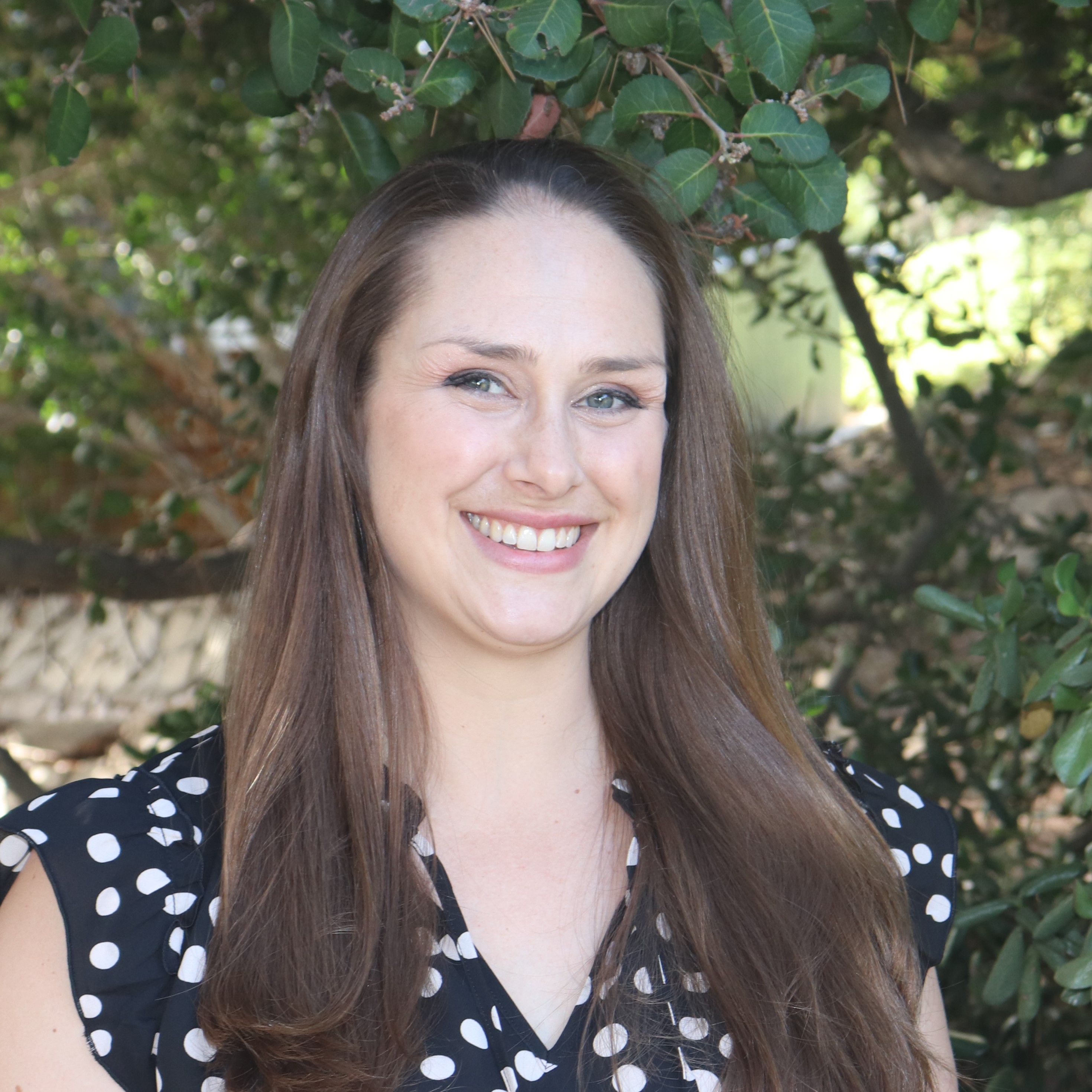Trauma and Stressor Related Disorders and Disasters
Associations between Treatment Outcomes and Client Satisfaction with Couple-Based PTSD Treatments
(PS11-C56) Associations Between Treatment Outcomes and Client Satisfaction with Couple-based PTSD Treatments
- TW
Tamara Wachsman, B.A.
Research Coordinator
VA San Diego Healthcare System
San Diego, California 
Katerine Rashkovsky, B.S.
Psychology Technician
VA San Diego Healthcare System
San Diego, California
Kayla Knopp, Ph.D. (she/her/hers)
Research Psychologist
VA San Diego Healthcare System; University of California San Diego
San Diego, California- JS
Janina Schnitzer, B.A.
Clinical Research Assistant
VA San Diego Healthcare System
Encinitas, California 
Chandra Estelle Khalifian, Ph.D.
Research Psychologist
VA San Diego Healthcare System
San Diego, California
Leslie Morland, Psy.D.
Principal Investigator
VA San Diego Healthcare System/University of California, San Diego
San Diego, California
Author(s)
Co-Author(s)
Background: Posttraumatic stress disorder (PTSD) is a prominent and debilitating condition for veterans in the United States, impacting both the patient and their relationships. Client satisfaction is a measure often utilized to determine acceptability of a treatment and can be informed by not only a patient’s experience, but also the efficacy of an intervention in addressing symptoms. Despite the existence of evidence-based treatments for PTSD, such as Cognitive-Behavioral Conjoint Therapy (CBCT) for PTSD, around 30% of patients are treatment non-responders and do not show significant improvement in symptoms after care. Research currently suggests that patients are satisfied with specialty care for PTSD and are equally satisfied with in-person and telehealth delivery. However, there is a deficit of research on satisfaction with couple-based PTSD treatment and its association with treatment outcomes. Exploration of how improvement in different aspects of distress (such as PTSD symptoms and relationship distress) affects client satisfaction with treatment is needed.
Method: This study used data from a randomized clinical trial of veterans with PTSD and their intimate partners, comparing office-based and home-based brief CBCT (bCBCT) and PTSD Family Education (PFE), two couple-based interventions for PTSD. Eighty couples completed measures of PTSD (self- and collateral-reported PCL-5) and relationship satisfaction (CSI-32) at baseline and post-treatment as well as a measure of client satisfaction with treatment (CSQ-8) at post. A measure of accommodation (SORTS) was also completed by 60 intimate partners at baseline and post.
Results: Overall, participants were equally satisfied with the three treatment conditions (F(1,161) = .009, p = .952), irrespective of which treatment participants stated they would prefer at baseline (r = -.084, p = .463). Collapsing across treatment conditions, a series of linear regressions indicated that less improvement in PTSD symptoms was associated with less client satisfaction for both the veteran (b = -1.86, p < 0.001) and their partner (b = -1.23, p = .048). Similarly, for accommodation, less improvement was associated with less client satisfaction reported by the partner (b = -2.22, p < .001). While intimate partners with more improvement in relationship satisfaction had greater client satisfaction (b = 3.63, p < .001), there was no association between relationship satisfaction and client satisfaction for veterans (b = 1.24, p = .069).
Discussion: Both veterans and their intimate partners had greater satisfaction with treatment when they experienced more improvements in veterans’ PTSD symptoms. Satisfaction with treatment was also related to improvement in relationship satisfaction for intimate partners only, suggesting partners may have placed more importance on the relational benefits of the treatment compared to veterans, who may have been most interested in reducing PTSD symptoms. Future research should examine the priorities of veterans and partners engaging in couple-based PTSD treatment and how these may relate to client satisfaction.

